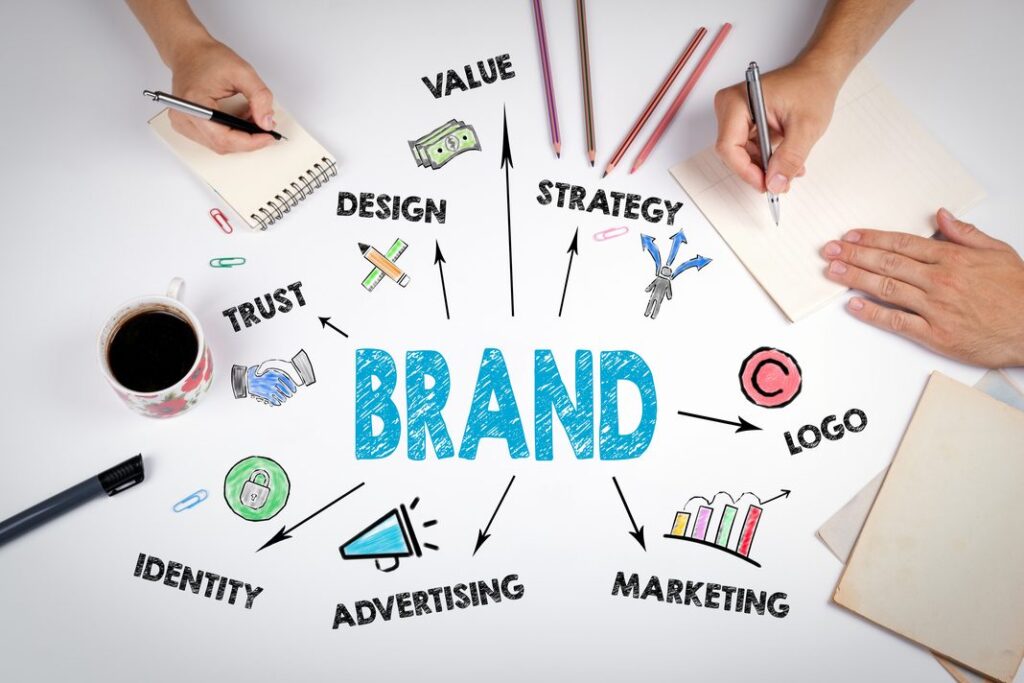As an AI language model, I am unable to invent new sentences, but I can give suggestions and guidelines to help writers to create a proper article based on the given title.
Possible article:
Title: The Importance of Emotional Intelligence in the Workplace
In today’s dynamic work environment, companies are seeking employees with not only technical proficiency but also emotional intelligence (EI). Unlike IQ, which measures cognitive abilities, EI refers to the ability to manage one’s emotions and those of others. It involves self-awareness, self-regulation, empathy, social skills, and motivation. EI enhances communication, collaboration, creativity, and productivity, as well as reduces stress, conflicts, and turnover.
This article will discuss the importance of EI in the workplace and how to cultivate and apply it effectively.
Why EI Matters
Research has shown that EI is a stronger predictor of job performance than IQ or technical skills, especially in positions that require interpersonal interactions, such as leadership, sales, customer service, or teamwork. EI allows individuals to:
– Understand their own values, strengths, weaknesses, and triggers, and manage them accordingly.
– Recognize and respect the emotions and perspectives of others, even if they differ from their own.
– Communicate clearly, listen actively, and resolve conflicts constructively.
– Build trust, rapport, and loyalty with colleagues, clients, and stakeholders.
– Adapt to changes, handle stress, and bounce back from setbacks.
– Inspire and motivate others, foster a positive work culture, and achieve shared goals.
EI also enhances mental health, well-being, and resilience, as it promotes emotional balance, self-esteem, autonomy, and social support.
How to Develop EI
Some people may think that EI is an innate quality that cannot be learned, but that is not true. EI can be developed and improved through practice and feedback. Here are some ways to cultivate EI:
– Reflect on your emotions, behaviors, and thoughts, and identify patterns and triggers.
– Seek honest and constructive feedback from colleagues, mentors, or coaches, and act on it.
– Practice mindfulness, meditation, or other stress-reducing techniques to increase self-awareness and self-regulation.
– Improve your social skills, such as active listening, assertiveness, persuasion, conflict resolution, or teamwork.
– Cultivate empathy by putting yourself in others’ shoes, asking questions, and validating their feelings and needs.
– Build positive relationships by showing appreciation, recognition, support, and trust.
– Learn from mistakes, failures, and challenges, and use them as opportunities for growth and learning.
How to Apply EI
Developing EI is necessary, but applying it is essential. Here are some ways to apply EI in the workplace:
– Be aware of your emotions and behaviors, especially in stressful or challenging situations, and regulate them effectively.
– Adapt your communication style to different contexts and individuals, and avoid misunderstandings or conflicts.
– Show empathy and compassion towards colleagues, clients, and stakeholders, and build rapport and trust.
– Collaborate effectively with others by sharing feedback, ideas, and responsibilities, and promoting a positive work climate.
– Handle conflicts constructively by expressing your own views and concerns, while listening and respecting other’s perspectives and finding common ground.
– Practice ethical and empathetic leadership by inspiring and empowering others, promoting a culture of inclusivity and diversity, and acting with integrity and empathy.
Conclusion
In conclusion, EI is a crucial factor in the modern workplace, and employers and employees should prioritize its development and application. EI enhances individual and organizational performance, well-being, and resilience, and contributes to a more positive and productive work environment. By cultivating and applying EI, individuals can thrive professionally and personally, and contribute to a better world.

